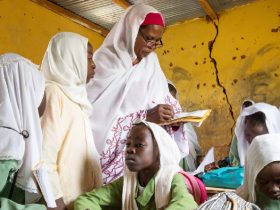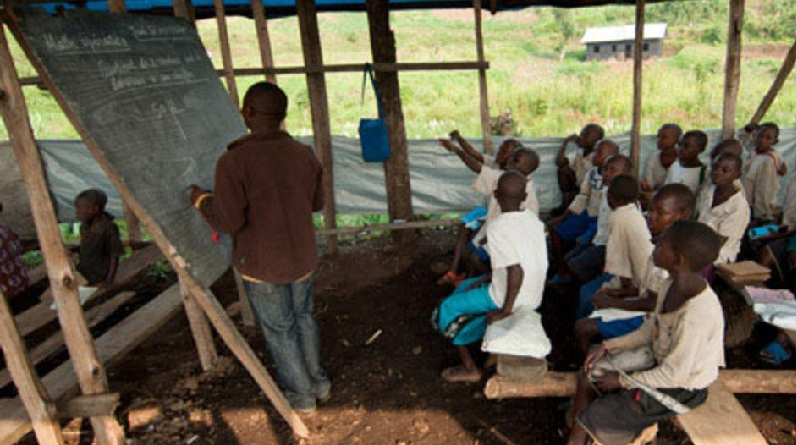Spotlight on basic education completion and foundational learning in Africa: Born to learn is the first of a three-part series of Spotlight reports that were released this morning at the gathering of African education ministers at the ADEA Triennale.
New collaboration between the GEM Report, the Association for the Development of Education in Africa, and the African Union has resulted in the Spotlight series. The report’s authors hope to keep education reform in Africa at the forefront of policymakers’ minds by analysing progress made toward their goal of universal primary and secondary school education.
The 2022 African continental report draws on regional case studies and individual country reports covering the Democratic Republic of the Congo, Ghana, Mozambique, Rwanda, and Senegal.
With the goal of helping everyone get the foundational skills they need in life, the Spotlight series compiles and analyses comparative knowledge on the obstacles to and strategies for achieving universal basic education completion.
African countries need to work together through a continental peer learning mechanism and national and regional coalitions to improve their educational systems, plans, policies, and budgets.
All of the studies presented in the Spotlight books are based on an analytical framework consisting of seven elements that aid in education.
The term “learning crisis” is widely used to imply that inadequate levels of education represent a new problem. The continent as a whole has long suffered from low and stable literacy rates. This reality needs to shape discussions about public policy as we look for alternate approaches.
See Also: Jair Bolsonaro, Brazil’s ex-president, has applied for a visa to the United States
Poor learning outcomes in Africa are attributed to a number of factors, according to a 2022 report. These include a shortage of high-quality textbooks; inadequate teacher support, training, and guides; slow progress toward using students’ native languages in the classroom; and inadequate school feeding programmes.
Recent interventions, however, have demonstrated that success is attainable through the implementation of evidence-informed strategies in the classroom. In conjunction with the release of this report, the AU has launched the Leveraging Education Analysis for Results Network, a peer-learning mechanism focused on foundational learning.
Using data from the GEM Report and the UNESCO Institute for Statistics, African governments have established national SDG 4 benchmarks on out-of-school, completion, and learning rates. African governments have pledged to increase the primary school graduation rate to 90% by the year 2030.






Leave a Reply